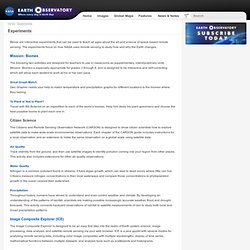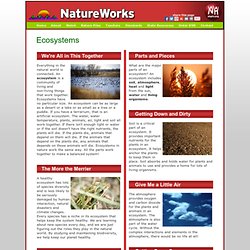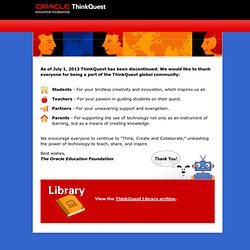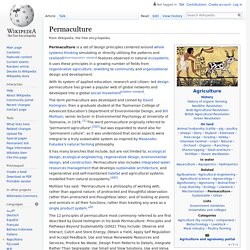

Experiments. Below are interactive experiments that can be used to teach all ages about the art and science of space-based remote sensing.

The experiments focus on how NASA uses remote sensing to study how and why the Earth changes. Mission: Biomes The following two activities are designed for teachers to use in classrooms as supplementary, interdisciplinary units. Mission: Biomes is especially appropriate for grades 3 through 8, and is designed to be interactive and self-correcting which will allow each student to work at his or her own pace. Great Graph Match Geo Grapher needs your help to match temperature and precipitation graphs for different locations to the biomes where they belong To Plant or Not to Plant? Travel with Bill Botanist on an expedition to each of the world’s biomes. Citizen Science The Citizens and Remote Sensing Observation Network (CARSON) is designed to show citizen scientists how to explore satellite data to make wide-scale environmental observations.
Air Quality Water Quality. MBGnet. Endangered Ecosystems. Ecosystems. We're All in This Together Everything in the natural world is connected.

An ecosystem is a community of living and non-living things that work together. Ecosystems have no particular size. An ecosystem can be as large as a desert or a lake or as small as a tree or a puddle. If you have a terrarium, that is an artificial ecosystem. The More the Merrier A healthy ecosystem has lots of species diversity and is less likely to be seriously damaged by human interaction, natural disasters and climate changes.
Life in a Lake In a lake ecosystem, the sun hits the water and helps the algae grow. Getting Along Ecosystems have lots of different living organisms that interact with each other. Producers are the green plants. There are three types of consumers: herbivores are animals that eat plants, carnivores are animals that eat herbivores and sometimes other carnivores and omnivores are animals that eat plants and other animals. The third type of living organism in an ecosystem are the decomposers. Biotic and abiotic. As of July 1, 2013 ThinkQuest has been discontinued.

We would like to thank everyone for being a part of the ThinkQuest global community: Students - For your limitless creativity and innovation, which inspires us all. Teachers - For your passion in guiding students on their quest. Partners - For your unwavering support and evangelism. Parents - For supporting the use of technology not only as an instrument of learning, but as a means of creating knowledge. We encourage everyone to continue to “Think, Create and Collaborate,” unleashing the power of technology to teach, share, and inspire.
Best wishes, The Oracle Education Foundation. Pop & Eco Investigation 9 flashcards. 14 Human Traits. Three difrent color plants on the reef. Salt water. The big turtle. Climate. Animals. Ocean Biome Facts. Coral Reef Biome Facts. Fish. Intresting facts. Coral Reefs Video. Plants in the ocean. Marine Botanist. Plants. Cool facts about the climate. Schools Science Clips - Habitats. Permaculture. With its system of applied education, research and citizen- led design permaculture has grown a popular web of global networks and developed into a global social movement[citation needed].

The term permaculture was developed and coined by David Holmgren, then a graduate student at the Tasmanian College of Advanced Education's Department of Environmental Design, and Bill Mollison, senior lecturer in Environmental Psychology at University of Tasmania, in 1978. [1] The word permaculture originally referred to "permanent agriculture",[3] but was expanded to stand also for "permanent culture", as it was understood that social aspects were integral to a truly sustainable system as inspired by Masanobu Fukuoka’s natural farming philosophy.
It has many branches that include, but are not limited to, ecological design, ecological engineering, regenerative design, environmental design, and construction. History[edit] Several individuals revolutionized the branch of permaculture. In Australian P.A. Experiments. Habitats/Biomes - Science - Subjects. The World's Biomes. Biome/Habitat Animal Printouts. Endangered Ecosystems. Schools Science Clips - Habitats.